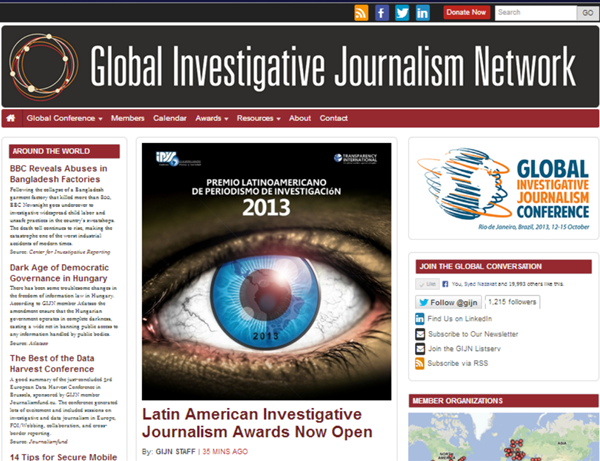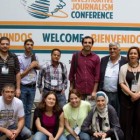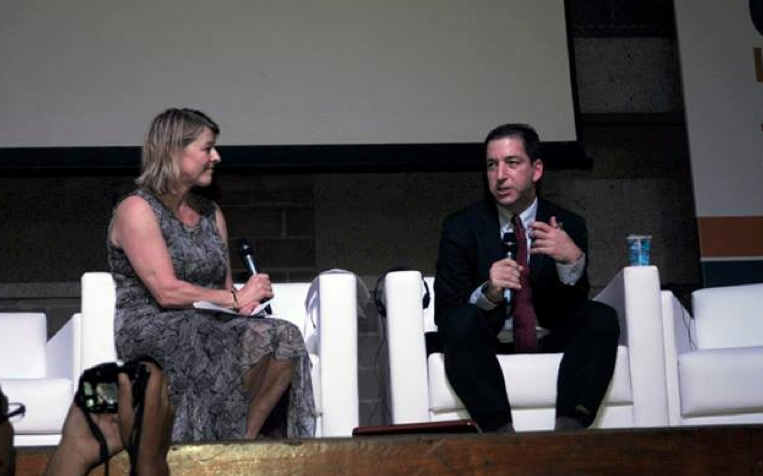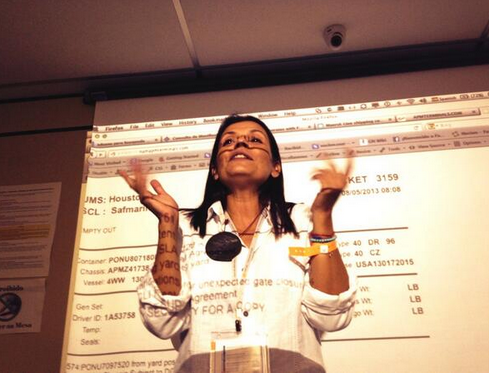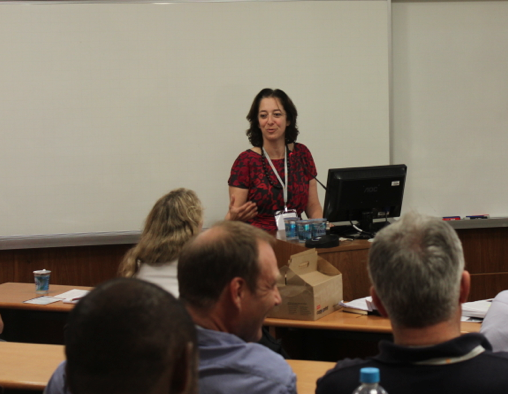GIJC13
After Rio: Check GIJN.org for Latest on Global Investigative Journalism
|
Thanks to everyone for an extraordinary conference. The eighth Global Investigative Journalism Conference brought in a record 1350 people from 93 countries. We had a great time, playing host to a phenomenal mix of reporters, editors and producers, data and security experts, hackers, professors and students, and staff from NGOs and nonprofits.
For ongoing coverage of investigative journalism around the world, be sure to check out our regular site, GIJN.org. You’ll find resource pages on data journalism, freedom of information, grants and fellowships, nonprofits, and more.
